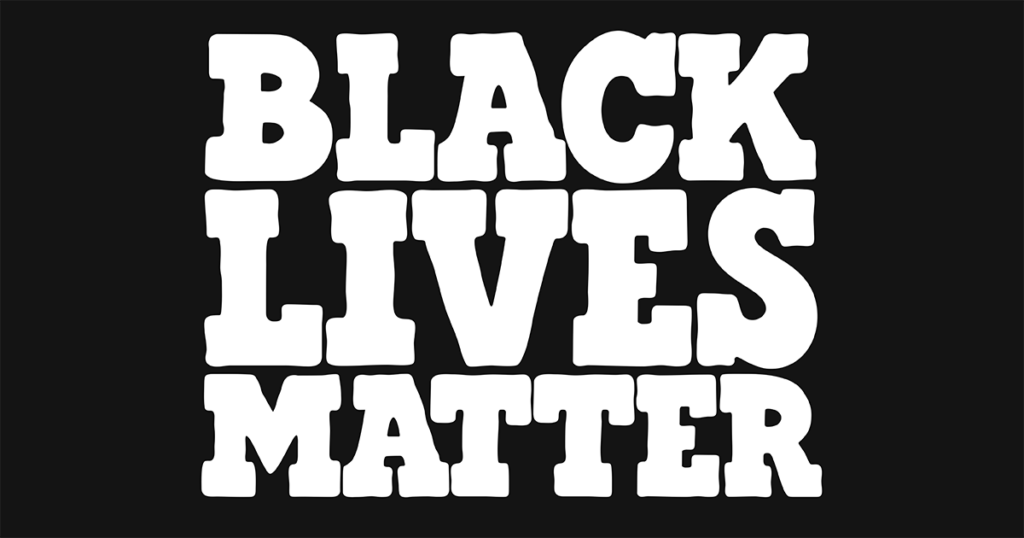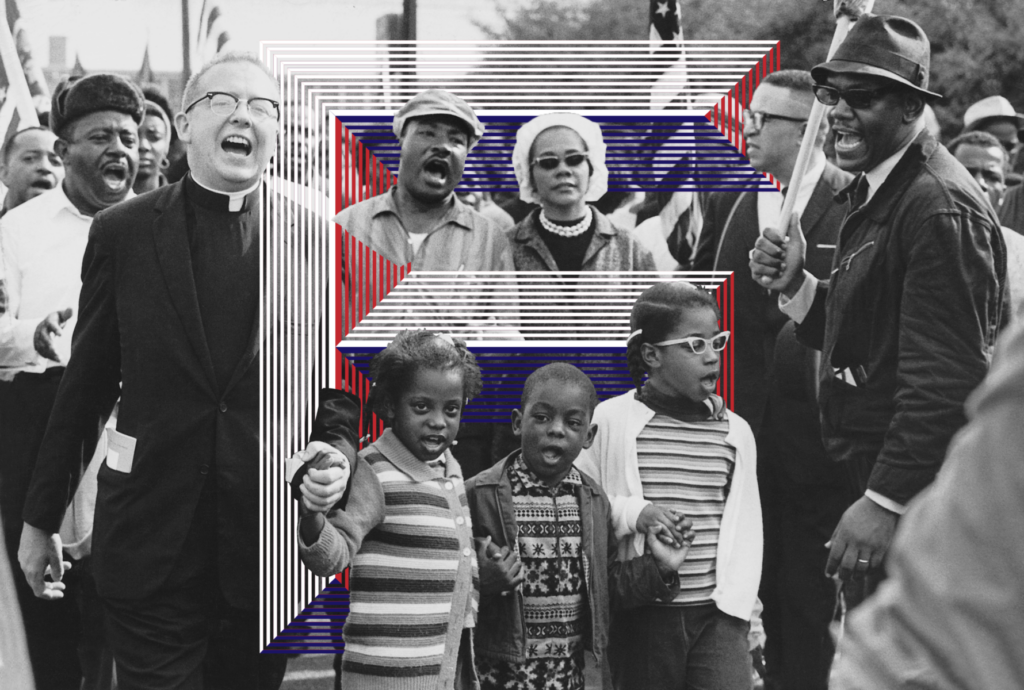In the current market, brands need to show concern not just for their profit margins, but the communities they serve and interact with. Like movements and campaigns, many modern brands aspire to create a positive impact on the world.
However, vacuous slogans just won’t do. From social justice with equal marriage and Black Lives Matter, to engaging debate on climate change and interfaith relations, here are four brands that successfully engaged and promoted social movements… and one that failed.
Amazon Prime
At the end of 2016, Amazon launched a TV ad in which a vicar and an imam exchange gifts (knee pads) after they find out they both share a similar problem of knee pain from their religious duties.
The advert reflects the importance of inter-faith dialogue, promoting community and tolerance. Shown in the UK, US, and Germany, the timing was important – against a backdrop of the Brexit vote, xenophobic attacks in Germany, and the recent election of Donald Trump.
Amazon went to great lengths to avoid controversy with their promotion, consulting the Church of England, the Muslim Council Forum, and the Christian Muslim Forum. The ad features a real vicar and imam – their interview about the ad can be seen here.
The Superbowl
The Superbowl is known worldwide for its advertisement, and the price companies will pay to deliver a 30 second commercial to one of sport’s largest crowds. To the extent that Superbowl ads have become a cultural phenomenon.
In 2017, brands such as Coca-Cola and Airbnb were seen making political statements with ads that touched on diversity and immigration. Coca-Cola re-ran an old advert from 2014, the song “America is Beautiful” being sung in several languages.
The timing of the advert couldn’t have been more propitious – two weeks after Donald Trump’s inauguration, and only a few days before an executive order on banning immigrants from several countries. One ad from 84Lumber was reportedly forced to alter their plans by Fox for depicting a border wall, which the broadcaster deemed “too controversial”.
Apple
Apple is the most successful brand in the world. Although it is no stranger to controversy (e.g. the slowing down of old mobiles for performance), it has put its commercial success behind a number of civil rights campaigns.
Most notable is the support it provides to LGBT movements. Alongside Apple’s endorsement at Pride parades across the globe, the CEO Tim Cook has personally taken stances against legislation identified as discriminating towards the LGBT community.
For instance, in Arizona when Gov. Jan Brewer passed a bill that would have allowed business owners with fundamental religious beliefs to deny service to the LGBT community, Apple was one of a number of businesses that came out heavily against the legislation, before it was eventually vetoed.
Ben & Jerry’s

Credit: https://www.benjerry.com/whats-new/2016/why-black-lives-matter
When it first emerged on the ice cream scene in the late 1970s, Ben & Jerry’s developed a three-part mission statement: “to make the world’s best ice cream, to run a financially successful company, and to make the world a better place”.
Even with the takeover by Unilever, and new stakeholders to please, that mission statement remains as true today as it did back then.
From Black Lives Matter to climate change, Ben & Jerry’s has backed a number of campaigns that oppose social injustices. Their support for climate justice was reflected in their slogan “if it’s melted, it’s ruined”, and the visuals on the page are not too bad either.
For more reading on the “activism-infused capitalism” described by the New York Times, check out their article on “How the Social Mission of Ben & Jerry’s Survived Being Gobbled Up”.
And one that failed…
Pepsi
In an ill-judged ad by Pepsi, the social media reality TV star Kendall Jenner stops a riot by handing out cans of Pepsi. The advert was pulled 24 hours after it first aired.
Why did it fail? Principally because Pepsi sought to capitalise on the recent Black Lives Matter movements against civil injustices and police brutality in the US. Fern Miller, Chief Strategy Officer at DigitasLBi, identified the lack of market research. Pepsi fell short because it didn’t reach out and failed to understand the protest groups.
Among other influential voices, Bernice King, daughter of Martin Luther King, Jr, responded to the axed advert by Pepsi. She said “it contributed to the notion that there is a fairy-tale, light way to ease conflicts that have existed in the nation for thousands of years”.
Of course, Ms King is absolutely right. The Pepsi ad generated humorous sketches from the likes of Late Night hosts, on brands weighing in on social justice issues.
How to engage with social movements
So, what differentiates those that have engaged with social issues successfully from those that didn’t?
- Genuineness: The causes aligned with the brand values.
- Substance: The actions taken were more than vacuous, self-serving nonsense.
- Humility: The brands sought to understand the issue, and treat it sensitively.
The successful examples we have highlighted are just the tip of the iceberg. There are many instances of brands taking action in support of the community. These have been recognised in a report by the United Nations titled “Business for the Rule of Law”.
The report splits their activity into 5 categories: ensuring accountability; providing certainty; promoting equality; protecting human rights; and supporting access to justice. From women’s rights in South America to property rights in Africa, the list is exceptional.
The question is, where do you fit in?




